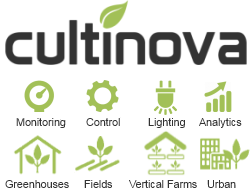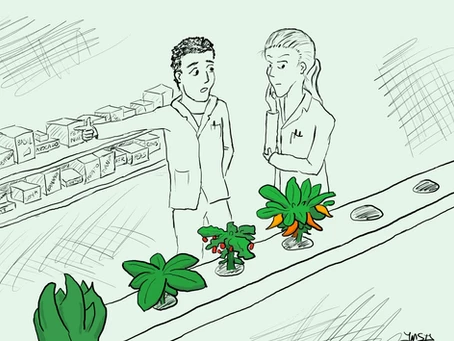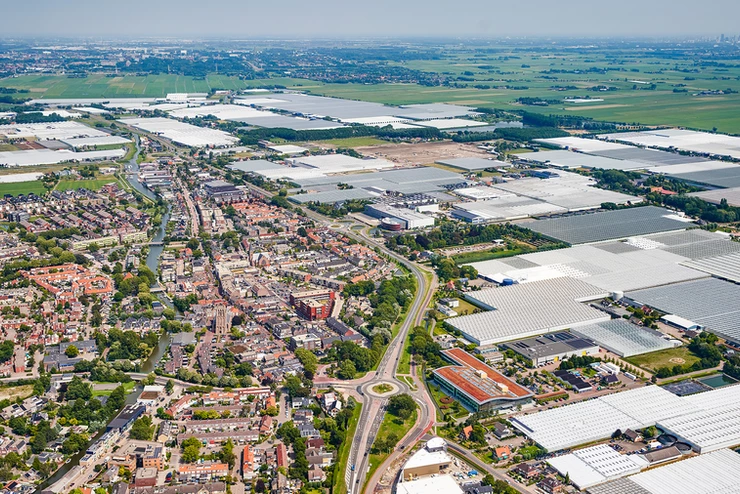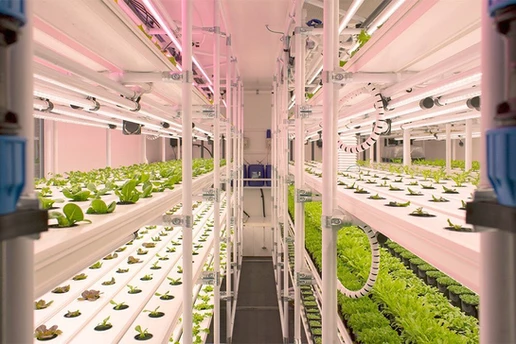by Nicole Thorpe
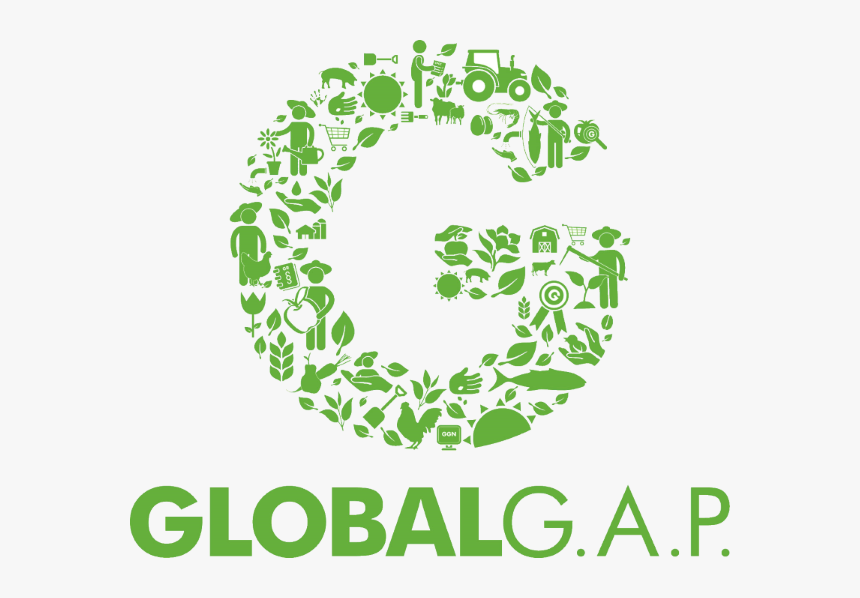
After two years of public consultation, GLOBALG.A.P., have launched their revised version of the Integrated Farm Assurance (IFA) standard. Together with the Farm Tech Society (FTS), and in collaboration with UKUAT, I was part of a dedicated international team advising GLOBALG.A.P. on recognition and inclusion of CEA in their revised flagship standard IFA v6 for fruit and vegetables, flowers and ornamentals, hops and aquaculture. The corresponding documents were published in September and are available online.
So what is new?
This update has been rather comprehensive and a full list of changes is available on the GLOBALG.A.P. website. I have chosen a selection of the most notable ones relevant for CEA (my personal opinion).
Firstly, CEA has found its way into the standard, so thank you to all UKUAT and FTS members who took part in the public consultations. Your input has been very valuable and demonstrated once again, that collaboration creates impact.
Moving away from a “prescriptive approach”, the IFA V6 focuses on outcome-oriented, holistic farm assurance for responsible farming practices across all production systems. Topics relevant for CEA include food safety, traceability, production processes, environmental sustainability and workers’ wellbeing.
Improvements in user experience are another impactful update. The structure has been simplified, checklists streamlined and questions are related to scope and production environments.
Traceability and farm process management have moved into focus with the introduction of a mandatory continuous improvement plan for producers. This requires continuous data collection and the ability to demonstrate proof of implementation.
CEA and data collection go hand in hand. However, there will be a requirement to think “beyond plants” and expand data collection and management across all operations. Most established industries place great emphasis on process and workflow management and the same will apply to CEA.
Overall, I expect digitisation to become even more important and an essential enabler for CEA, delivering the backbone for good farm practice, quality management, process optimisation and compliance, but also in terms of generating business intelligence and forecasting. In my view, the challenge will lie in finding the ideal application/software solution to suit individual contexts. The goal must be to ensure information flow within the organisation and with external stakeholders along the supply chain – in a secure, robust and reliable manner.
CEA-specific software offerings are beginning to emerge. However, most packages tend to be too generic and lack necessary levels of flexibility still required within CEA today. Approaches and digital tools which unite process management, traceability and compliance, such as Cultinova’s, which can be configured, scaled and integrated in the individual processes as well as adapted to changing standardisation requirements, may be more suitable.
Does this change impact UK production?
In short, yes. GLOBALG.A.P. operates benchmarking schemes against other standards, such as Red Tractor, for example. This means that changes in the IFA v6 also impact benchmarked standards.
This harmonisation will make industry benchmarking easier, in my view. The Farm Tech Society has been running a data benchmarking programme for CEA to allow for meaningful comparison of performance against set metrics. See their website for info.
Get involved!
After the current transitional period, the IFA v6 for fruit and vegetables, flowers and ornamentals, hops, and aquaculture will become obligatory as of 1 January 2024. Public consultation for IFA v6 for plant propagation material and combinable crops will take place in 2023.
If you would like to join the standardisation discussion, contribute to benchmarking efforts or discuss requirements for digitisation, please feel free to contact me directly nicole.thorpe@cultinova.com.
UKUAT offers a great platform to have our voices heard, so let’s speak up!
Nicole Thorpe
Director and Co-Founder of Cultinova
